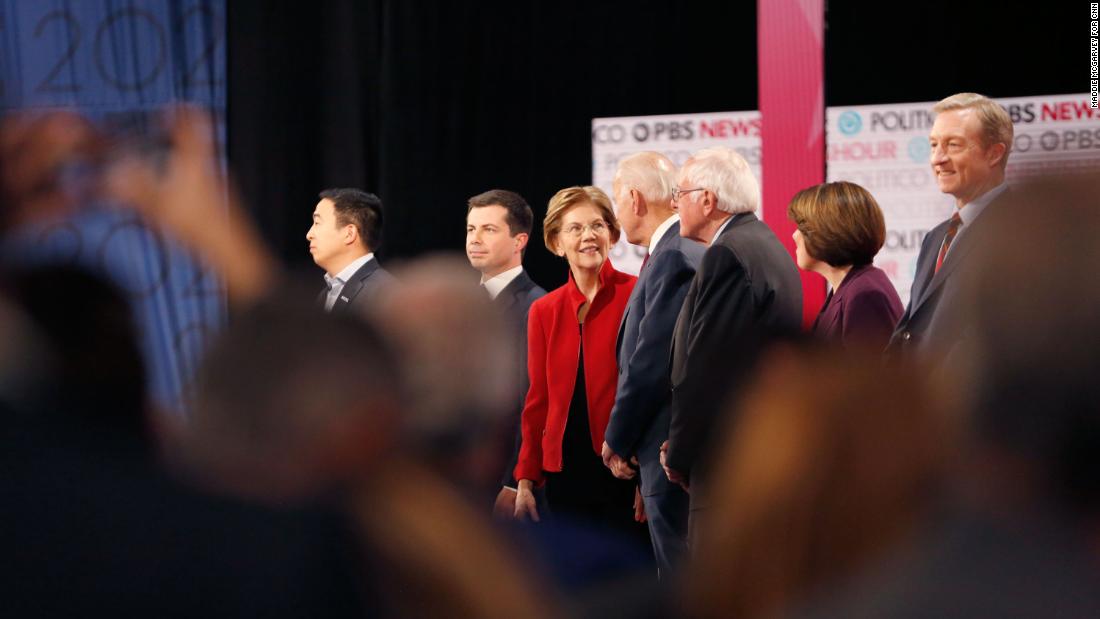[ad_1]

Eli Lilly, the U.S. manufacturer of Humalog brand insulin, sought to douse political anger with a pledge in March to distribute an “authorized generic” that would cost 50 percent less than Humalog’s $300 price per vial.
Although an authorized generic may carry a lower price tag, it doesn’t pose the same level of aggressive market competition as a real generic drug. By the end of the year, Senate Democrats said the benefit to insulin consumers appeared to be minimal and accused Eli Lilly of a “broken promise.”
Earlier this month, Sens. Elizabeth Warren (D-Mass.) and Richard Blumenthal (D-Conn.) commissioned a spot check of nearly 400 pharmacies by their staffs. They found Eli Lilly’s authorized generic, called Lispro, available in only 17 percent of pharmacies contacted across the country.
“Its authorized generic, rather than expanding access to low-cost insulin, appears instead to be a public relations move intended to ease scrutiny on the rising price of insulin,” the senators’ survey concluded.
The scathing report was an indication that high insulin prices will remain a flash point in the national debate over prescription drugs in 2020.
Anger over high insulin prices is bipartisan. Sen. Charles E. Grassley (R-Iowa), chairman of the Senate Finance Committee, opened an investigation into insulin price increases and has denounced high costs in speeches and opinion columns.
The Trump administration’s approach has been mixed. The Food and Drug Administration says it is tweaking rules to increase the likelihood that true generic competition will enter the market, but it is unclear when those efforts will bear fruit.
Trump administration regulations proposed this month to allow imports of certain cheaper prescriptions from Canada excluded insulin and other complex biologic drugs. Insulin in Canada costs one-tenth the list price in the United States.
The administration supported a maneuver in this month’s budget deal that it said will improve the odds of generic-insulin development, but some advocates say it could have the opposite effect.
Brand-name manufacturers contend they are responding with meaningful steps to lower costs. In a TV interview, Eli Lilly’s chief executive called Warren and Blumenthal’s conclusions “nonsense.” The company published full-page newspaper ads Dec. 19 intended to increase awareness about the availability of Lispro, free insulin for people struggling to pay and insurance co-payment discounts.
“We’ve heard too many stories about people with diabetes who struggle to afford their insulin. That needs to change,” the company’s chief executive, Dave Ricks, wrote an open letter to consumers.
The ads had a phone number for its Diabetes Solution Center, which Eli Lilly says can deliver Lispro to an individual pharmacy in one to two days.
The company said the timing of the open letter was not linked to the Senate findings about the availability of lower-cost Lispro in pharmacies. It said it is anticipating the January 2020 reset of deductibles in Medicare Part D and private insurance plans, which could expose patients to big costs at pharmacy counters until their coverage kicks in.
Lispro was used by 67,000 Americans in November, the company said, up from 50,000 in October. Even with that increase, it is a tiny sliver of the market.
About 7.4 million Americans with diabetes use some form of insulin, according to the American Diabetes Association. The total insulin market has about $22 billion in sales annually, Bloomberg News reported.
Novo Nordisk, headquartered in Denmark, said in September that it will introduce its authorized generic insulin in January. Eli Lilly, Novo Nordisk and a third large insulin maker, Sanofi, based in France, each have discount programs for patients, with out-of-pocket caps of less than $100 a month and free drugs for low-income people.
But authorized generics and discount programs are just Band-Aids applied to the real problem, which is a lack of meaningful generic competition that could cut prices 30 to 40 percent, said Dana P. Goldman, director of the Leonard D. Schaeffer Center for Health Policy and Economics at the University of Southern California.
The absence of low-cost alternatives is especially upsetting to policymakers, he said, because insulin has been around since 1922. Making generic copies of insulin and winning FDA approval is more difficult because it is a biologic drug, not a pill.
“The situation with insulin, no one was paying attention, and all of a sudden we have a crisis,” Goldman said.
He did not point a finger exclusively at Eli Lilly, Novo Nordisk and Sanofi but said blame rests throughout the health-care system — including doctors, researchers and insurance companies.
Under the current system, pharmacy benefit managers, which control drug coverage, prefer brand drugs with high list prices, because they get big discounts — in the form of cash rebates — from manufacturers, Goldman added. They have no financial incentive to push an authorized generic drug into the marketplace, he said.
“We need some transparency in this marketplace, and insulin would be the best place to start,” he said. “The blame is not just on the manufacturers.”
Goldman said that he has Type 1 diabetes and that his insurance pays for Humalog.
His co-pay is $750 for a 90-day supply, he said.
Mike Mason, Eli Lilly’s senior vice president for insulin products, said in an interview that the company’s automatic discount co-pay programs for people with insurance should limit those co-payments to $95 per month. (He said Goldman should call Eli Lilly’s consumer hotline.)
Mason said insurance companies do not prioritize access to lower-cost Lispro because the rebates they receive from drug manufacturers such as Lilly for more expensive brand-name drugs are used to lower insurance premiums overall for all of their covered customers.
“As long as payers prioritize lower premiums, then solutions like Lispro won’t be fully utilized. It’s that calculus that payers are making,” he said. “It’s health-care design. Do I want a lower premium for the general population, or do I want lower co-pays for chronic diseases? There’s no villains in this, but it’s how the system has evolved.”
Mason’s boss, Ricks, was more blunt in a CNBC interview after Warren and Blumenthal issued their pharmacy survey results about the low availability of Lispro.
“Some pharmacies have chosen not to carry it,” Ricks said. “Why? Because this exposes the underlying economics in our system … which is that the middlemen, both in the supply chain as well as [pharmacy benefit managers] and insurance companies, prefer high-list-priced products with a lot of rebate. This has a lower list price and less rebate.”
The drug companies say net price payments they receive under insurance contracts have risen little, or even declined, as the list prices have shot up. The trouble for consumers with no insurance or high prescription deductibles is that they pay a percentage of list price. Sanofi, for instance, reported that net prices it has received for insulin declined 25 percent from 2012 to 2018, even as its lists prices rose 126 percent.
CVS Caremark, the pharmacy benefit manager affiliated with CVS pharmacies and health insurer Aetna under the CVS Health corporate umbrella, said it favors Novo Nordisk’s branded insulins, Novolog and Novolog Mix, over the authorized generic Lispro, because those branded products are more economical.
“They are exclusively positioned on our standard template formularies because they offer the lowest net prices for insulin products — significantly lower than Lispro,” Thomas Moriarty, chief policy and external affairs officer for CVS Health, said in a statement.
Walgreens, meanwhile, said it has “taken steps to help ensure that Lispro is available at our pharmacies. Those locations that do not routinely stock this product can order it upon patient or prescriber request.”
Rite Aid said it was not aware of any supply issues with Lispro.
“Rite Aid pharmacists dispense medications based on prescriptions written by physicians,” the company said. The chain’s pharmacists use authorized generics “if allowed by the prescriber, insurance formulary (if applicable), and state regulations.”
The Pharmaceutical Care Management Association, the trade and lobbying association representing pharmacy benefit managers such as Express Scripts, CVS Caremark and Optum, said drug manufacturers are responsible for prices.
“Drug manufacturers alone set and raise prices completely unrelated to the rebates they negotiate with pharmacy benefit managers,” the association said.
Express Scripts, one of the largest pharmacy benefit managers, said it has a program starting in January that will set a $25 cap on monthly out-of-pocket insulin expenses for consumers covered by its plans.
Correction: An earlier version of this story incorrectly identified the maker of two insulin drugs. The drugs are made by Novo Nordisk.
[ad_2]
Source link


